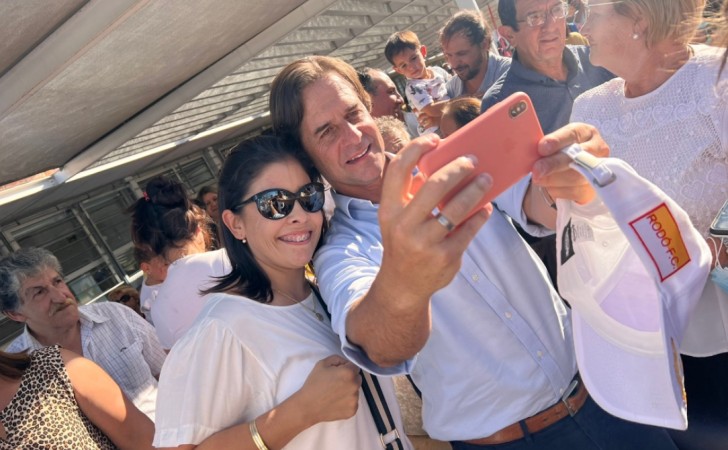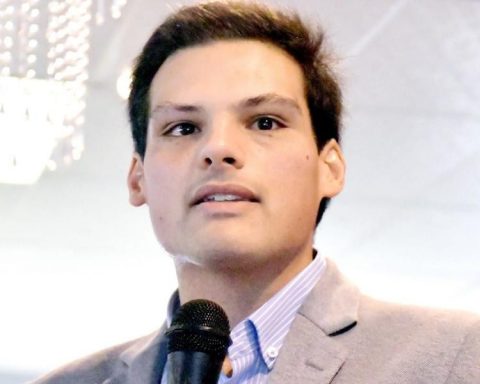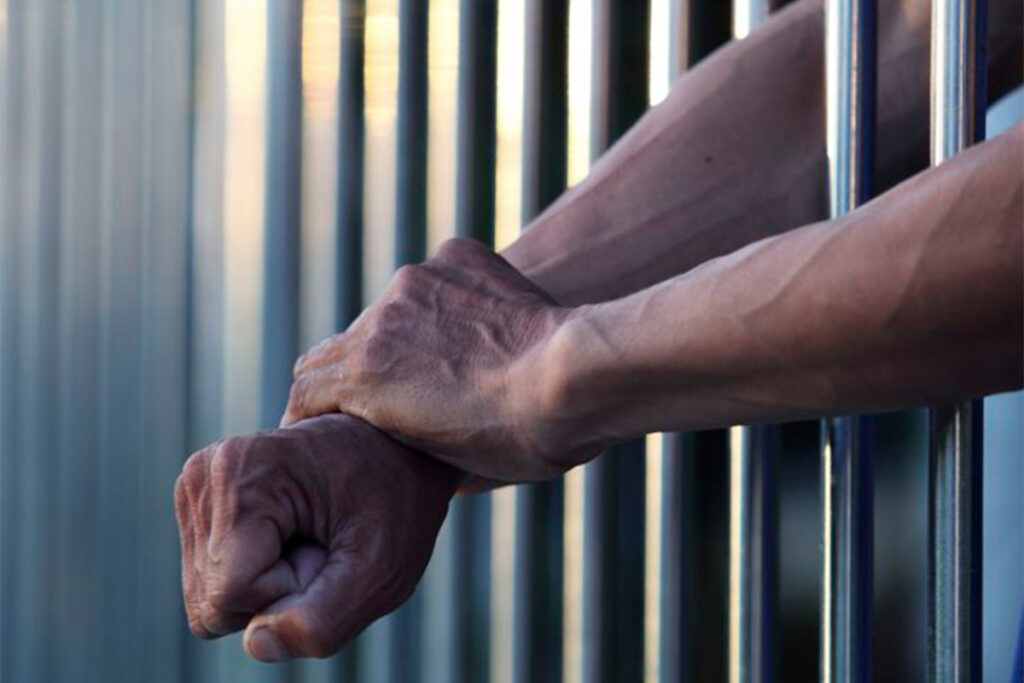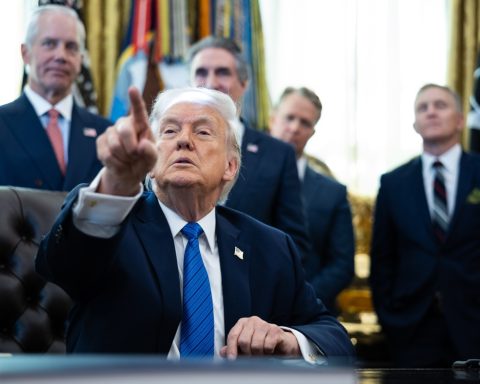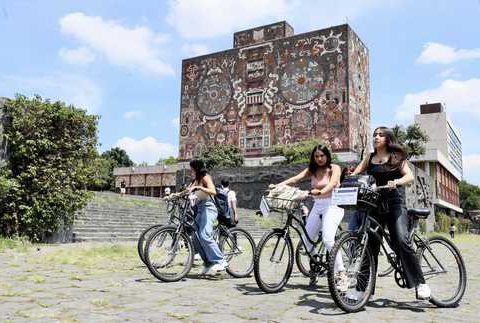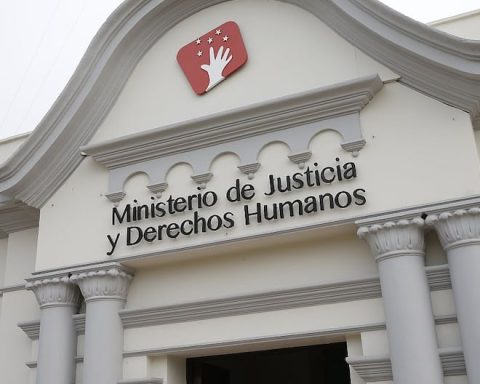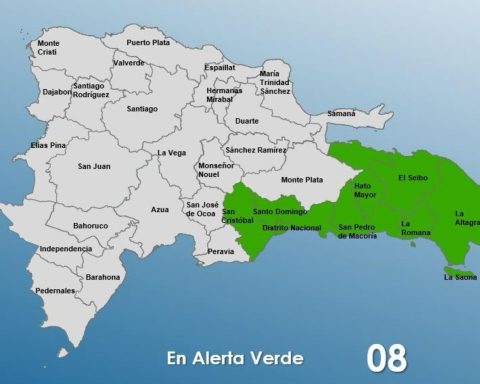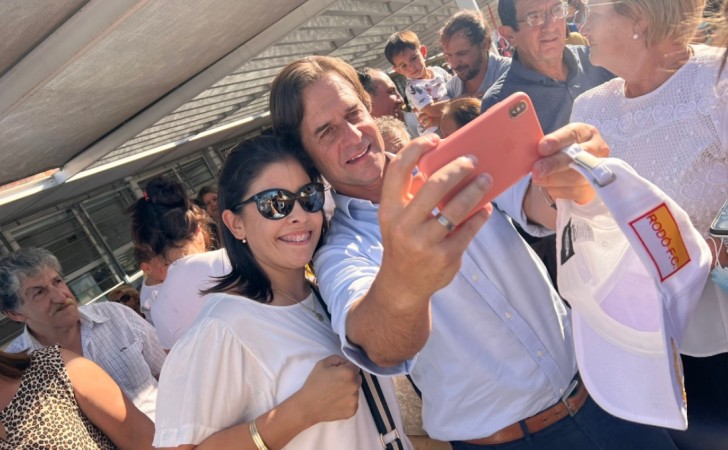
The President of the Republic, Luis Lacalle Pou, insisted on Thursday that progress should be made in the pension reform, reaffirming in a meeting with legislators from the multicolored coalition that it is “a commitment” of the government to approve it.
In a meeting that took place in the presidential residence of Suárez and Reyes, Lacalle summoned the leaders of the benches of the five coalitionist parties, as well as figures from the Executive Branch and the coordinator of the Social Security Expert Commission, Rodolfo Saldain .
“This is a government commitment. Therefore, a coalition compromise. And it is, also, a personal commitment of this president (…) we have to face the issue, “said the president.
His speech was short and concise in that his administration understands that the system would have to be modified to make it sustainable in the long term. He then passed the floor to Saldain, who outlined the guidelines of the proposed reform and assured that the system is currently “underfunded” in a situation that would worsen over time.
The options
Raising the retirement age is what has generated the most resistance in civil society and workers’ movements, and Saldain understands that this point in particular is “the stone in the shoe.”
One of the possibilities is to increase the minimum age to retire, and that this is run for those born since 1967, increasing one year for each consecutive year. It would reach a minimum retirement age of 65 years for those born since 1971. Thus, those born since 1967 could retire at 61; those born in 1968 at age 62 and so on until reaching the top of 65.
The second idea on the table is to raise the minimum age for those born after 1971, who could retire at 61 years of age. Then, people born since 1975 would eventually be able to retire at 65.
They also point to a “common system for all” that applies to all pension funds, since each one has its own calculation system and deadlines for granting retirement to each contributor.
